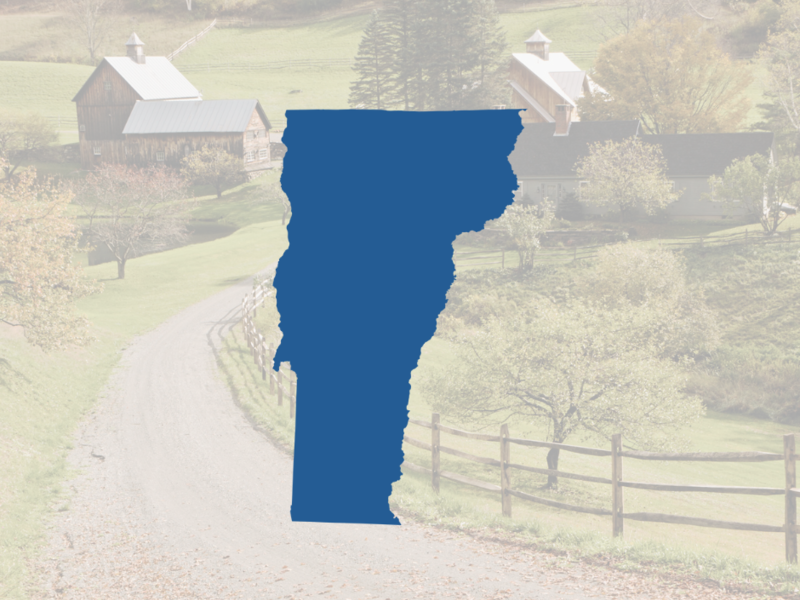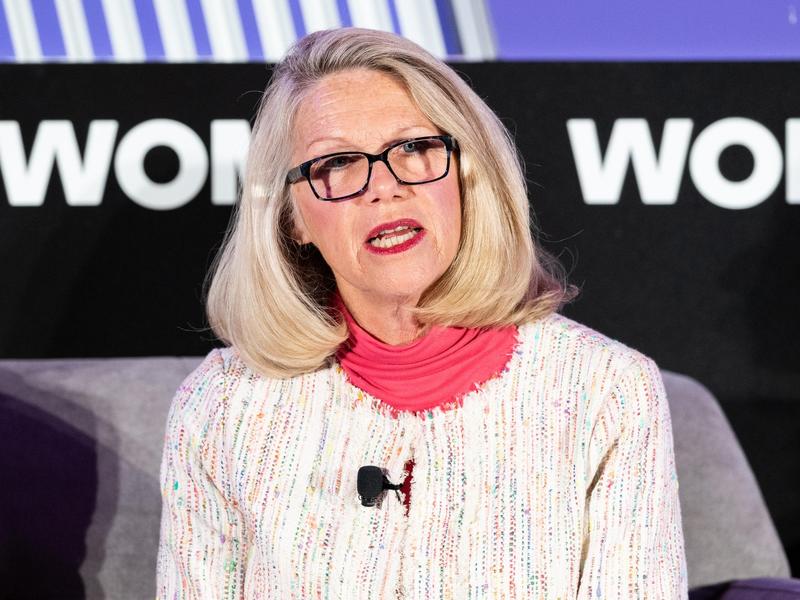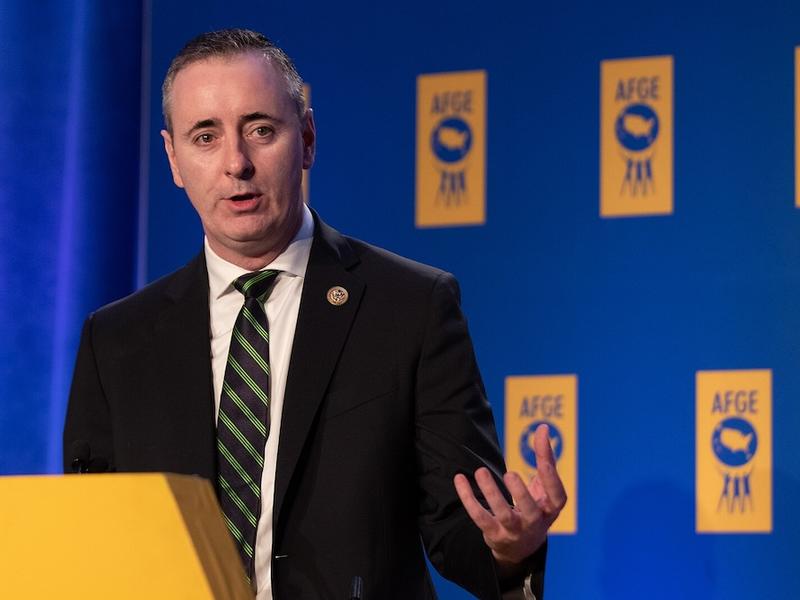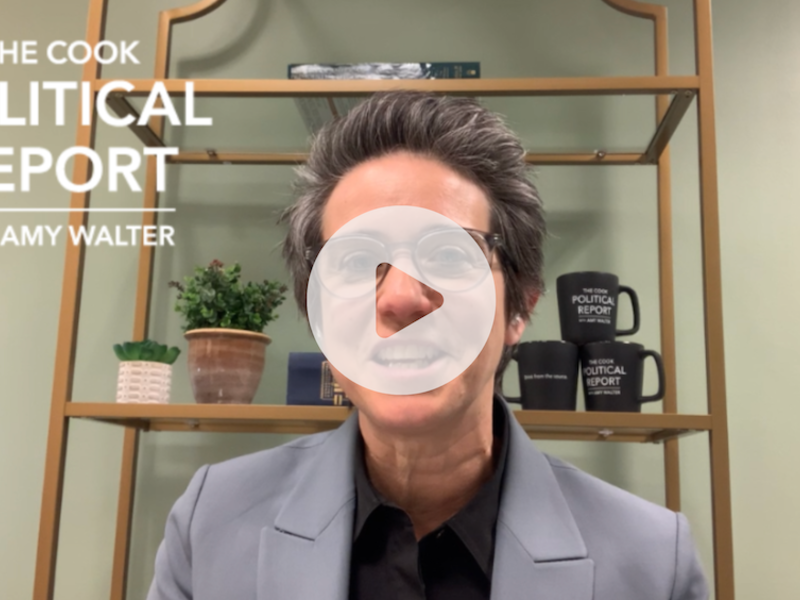
The race for the Democratic presidential nomination is finally revealing some clarity. Things are happening now that usually happen during the Iowa caucus and New Hampshire primary phase of the campaign. As this column has pointed out dozens of times: Starting with Jimmy Carter in 1976, every Democratic nominee has come in first, second, or third in Iowa, then first or second in New Hampshire. Iowa and New Hampshire cull the herd, reducing a field to three, then two. From New Hampshire on, there would be a face-off, often between two ideological factions of the party, generations, or styles. That did not happen this year.
Perhaps it was because the field had been so big, at one point involving 28 candidates. Perhaps the Iowa vote-counting debacle was to blame, as it took the focus away from candidates who came in fourth- or fifth- or whatever-place, giving also-rans the opportunity to continue to the Nevada caucus and the South Carolina primary.
In the progressive lane, onetime front-runner Elizabeth Warren persevered even though she wasn’t cutting much into Bernie Sanders’s support. Meanwhile, in the center-left, establishment-friendly lane, a four-way split between Joe Biden, Michael Bloomberg, Pete Buttigieg, and Amy Klobuchar kept any of them from thriving, opening up the possibility that Sanders could pull 20 to 30 percent of the popular vote on Super Tuesday yet walk out with up to 40 or 45 percent of the delegates awarded so far, possibly an insurmountable lead.
That certainly represented a hair-on-fire moment for the party establishment, which is convinced—rightly or wrongly—that Sanders would carry the banner to defeat in November, compromising the Democratic majority in the House and eliminating any chance of a Senate majority.
Then, in a span of a few hours, Biden’s impressive victory in South Carolina became the story. Much was made that this was the first step in the nomination process with a significant African-American segment in the electorate. Seventy percent of Biden’s vote came from black voters, 73 percent in total from nonwhites. The impact extended far past delegates. After all, only 4 percent of the delegates have been won. It was more that it prompted announcements by Buttigieg and Klobuchar that they were dropping out of the race and endorsing Biden, leaving just two candidates in that establishment lane, the same number as in the progressive lane.
The conventional wisdom is that Michael Bloomberg will perform badly in the Super Tuesday primaries. His stock has certainly taken a hit since his poor performance in his first debate. Going into that debate, I thought that Biden’s underperformance in Iowa and New Hampshire and Biden's, Buttigieg's, and Klobuchar’s lack of resources would give Bloomberg a boost, but that debate seemed to take the wind out of his sails.
Tuesday will be the first time that voters will be able to cast a ballot for Bloomberg’s money-is-no-object campaign. I don’t expect him to win, but I wonder if he may do a touch better than most think. There have been relatively few polls conducted in about 10 of the 14 states voting Tuesday.
Given that what seemed to pull him into the race last fall was Biden faltering, combined with a surging Warren. Reportedly, he feared that Warren or Sanders as the nominee would hand President Trump his reelection. For that reason, I suspect that if Bloomberg does badly Tuesday, he will be out in a matter of days, a week or two tops. This is not a guy who tilts at windmills; if he sees no way to win and his continuation in the race could tip the nomination to Sanders, he gets out. If he does much better than expected, things get awfully interesting.
But how long is Warren going to stay in, with no path to the nomination remaining for her?
What a difference a week can make. Less than a week ago we were looking at what was close to a best-case scenario for Sanders and worst-case for the establishment. Sanders was on the verge of consolidating his lane while the center-left lane was badly splintered. Things have now completely turned around.
This is a fascinating race with real implications for the House and Senate. So much has happened in the last week, who knows what will happen in the week to come.
This story was originally published on nationaljournal.com on March 3, 2020








Subscribe Today
Our subscribers have first access to individual race pages for each House, Senate and Governors race, which will include race ratings (each race is rated on a seven-point scale) and a narrative analysis pertaining to that race.